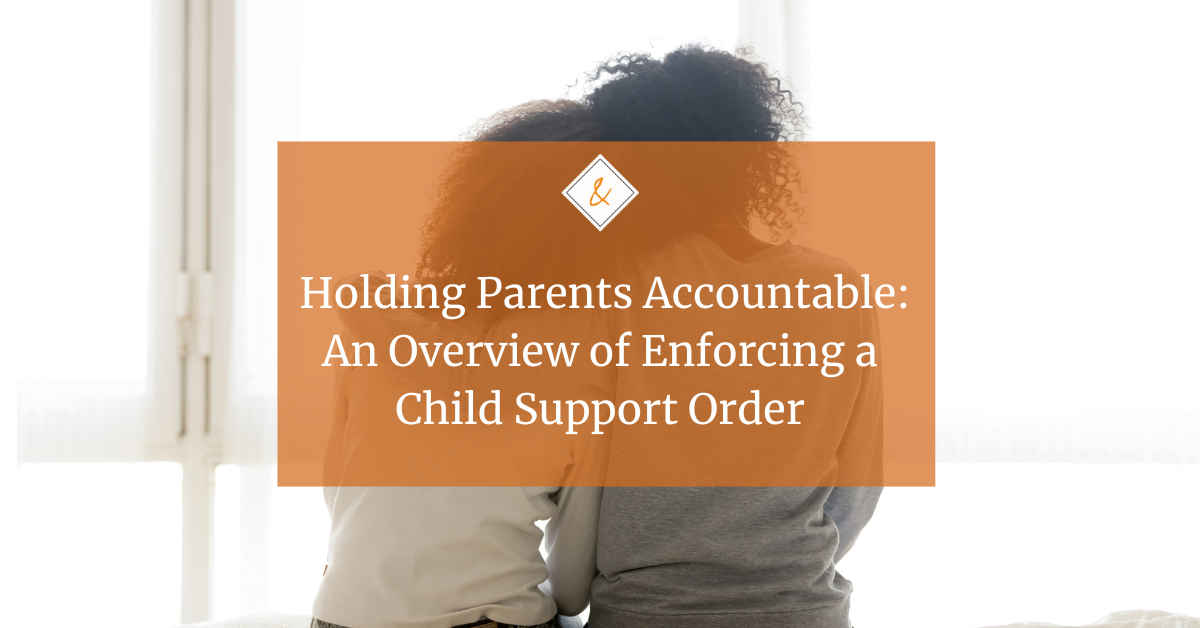Divorce, support and custody litigation often involve the most private matters in people’s lives: their finances, sexual relationships and matters involving the best interest of their children. However, in most cases, the details of those matters, once the basis of a court action are not necessarily kept private or confidential by the court and are often the subject of hearings that may be open to the public. Clients often ask if there is the ability to seal the court record or close the courtroom to third parties. In some counties in Pennsylvania, family court filings are not made available to anyone other than the parties or their attorneys of record. However, this practice varies county by county and if challenged legally, may not withstand challenge to make the documents available.
In Pennsylvania, the common law and the Pennsylvania Constitution support the principle that there is a presumption that all court proceedings are open to the public. A court may consider a number of things in deciding whether to grant a party’s request to close the courtroom or seal the record, as stated in the leading case on the matter, Katz v. Katz, 514 A.2d 1374 (Pa. Super. 1986). The public may be excluded, temporarily or permanently, from court proceedings or the records of court proceedings to protect private as well as public interests, to protect trade secrets, or the privacy and reputations of innocent parties, as well as to guard against risks to national security interests and to minimize the danger of an unfair trial to adverse publicity. These are not necessarily the only situations where public access can properly be denied. The Katz court did not set forth a bright line test but rather held that the decision is in the discretion of the trial court. Id. at 1377-78.
A trial court has broad discretion in deciding whether to deny third parties access to family court filings and hearings as was evidenced in the only other reported appellate case in the family court context on the issue since Katz. In Zdrok v. Zdrok, 829 A.2d 697 (Pa. Super. 2003), the Pennsylvania Superior Court affirmed the trial court’s denial of a request to seal the record in connection with a hearing to enforce a marital settlement agreement. In that case, the wife and husband had executed an agreement in which the wife agreed to pay the husband a portion of her future earnings for ten years after their divorce. During the marriage, the wife was discovered by Playboy Magazine and selected as a Playmate. Husband sought revenues he claimed his wife generated from selling nude pictures and videos of herself on her website. Prior to the trial, the wife filed a motion to close the trial to the public which the trial court denied. On appeal, the Superior Court affirmed, finding that the matter involved only whether a valid contract existed and the income earned from the wife’s business ventures. It further stated that any concerns on the wife’s part that certain intimate details of the parties’ stormy marriage would be revealed and may cause her embarrassment and a potential target of stalking were allayed because the trial court had stated that it would not allow such evidence to be admitted. The Superior Court found that the trial court had fashioned a remedy in the least restrictive means possible.
Practically speaking, courts are reluctant to seal records and close courtrooms to the public. However, if you believe you have good cause because disclosure will result in a clearly defined and serious injury to you, then you may have the legal basis to have your matter closed and/or sealed.



